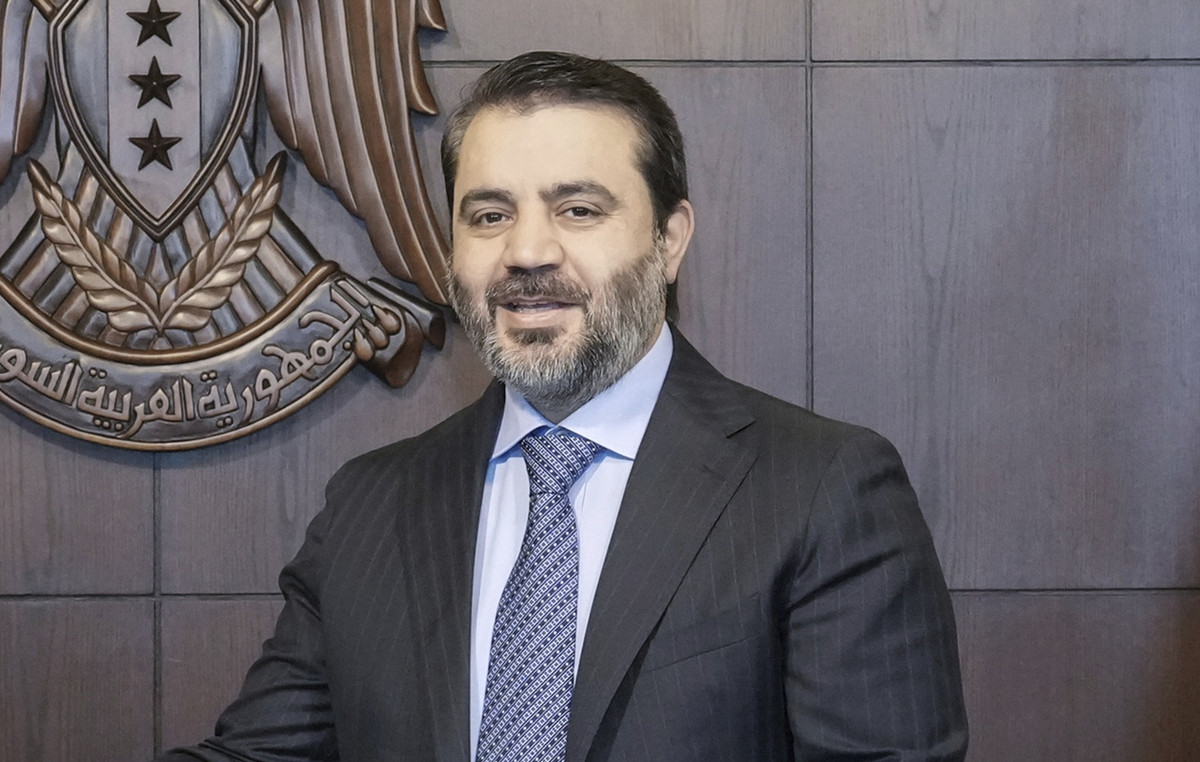The daily newspaper “La Jornada”, something like the central organ of all Mexican leftists and the government of President Andres Manuel López Obrador, does not even try to be objective, according to Handelsblatt. “Russia calls on the UN to direct the massacre in Ukraine,” the newspaper wrote on its front page on April 4.
The newspaper thus adopted the Russian narrative of the atrocities in Butsa, even though it wrote the word “direction” in italics. In the days following the headline, however, the newspaper continued to cover the Russian version of events, partly unfiltered, on its front pages. At least there has been some criticism on social media. “La Jornada” was a reference to the war in Eastern Europe, they said.
In Mexico, it is not just the media that sometimes find it difficult to distance itself from Russia. While members of Morena’s ruling party even claim their proximity to Moscow, left-wing authoritarian leader López Obrador is trying to keep a close eye. However, Mexico did not support Russia’s exclusion from the UN Human Rights Council, nor did Brazil and El Salvador. Cuba and Nicaragua even voted against the resolution.
However, Russian President Vladimir Putin is not only treated with understanding by the media and Latin American leaders, but also by the population. This is due, among other things, to the expansion of Moscow’s foreign broadcaster RT and the Sputnik news portal.
The RT en Español branch started in Latin America in 2009 and has since grown enormously. With a population of about 500 million Latins, the potential recipient market is huge and Russia’s goal is clear: Moscow wants to lead public opinion in a significant part of the world, build allies and gain support for its policies. Kremlin and the war against Ukraine. For the media loyal to Putin, information is ultimately a weapon and the public is their target.
Audience of millions
RT en Español’s Facebook and Twitter profiles have a total of almost 30 million followers. The Spanish branch of the Russian state broadcaster is thus much more successful than the English: RT en Español is followed by over 18 million Facebook users, while the English-language offering has only 7.4 million. RT’s posts are more frequently reported in the region than those of the Spanish newspaper “El País” or the American CNN en Español.
Other international, fully or partially state-funded Spanish-language media, such as the BBC Mundo or Deutsche Welle Español, also have significantly fewer users. According to the AP news agency, RT en Español and Sputnik are the channels with the most frequent access to information about the war in Ukraine in Spanish. Since the start of the offensive war, the platforms have seen a significant increase in traffic, mainly due to Russian diplomatic missions and bots.
Both RT and Sputnik stand out in Latin America mainly as Moscow’s propaganda mouthpiece. Consequently, they do not use the words “invasion” and “war” in connection with the illegal invasion of Ukraine and continue to speak of a “special military operation”.
No later than Putin’s visit to the region in 2014, Russian media outlets have gained a foothold in government circles from Argentina to Cuba. Argentine media researcher Adriana Amado cites the example of Cristina Fernández de Kirchner. “As president of Argentina, he was more likely to give interviews to Russia Today than to his country’s media,” he said.
But the population often does not trust their own and the international media. The pro-Kremlin media is taking advantage of the fact that people in the region perceive Russia as an awe-inspiring rival to the often unpopular US, Amado explains. Channels are seen as an “alternative to Western narrative,” he said.
Latinos often know that RT and Sputnik are funded by Moscow. At the same time, they also believe that the US media and the BBC are only seemingly independent because of their own financial interests.
No confidence in the national media
Here and in many other Latin American countries, skepticism about national newspaper publishers and television and radio stations is deep. These often belong to groups or wealthy families who use the media to represent their interests or to pursue politics. Others, such as La Jornada, are close to the government and therefore often dependent on state advertising. Thus, Latin American media rarely guarantee fully independent and objective information.
Meanwhile, the world is no better off with Russian news channels. According to an El País article, RT editors in Latin America should follow the instructions of their Russian superiors and write, for example, that the United States is the cause of almost all the negative events in the world.
So in late February, RT made it clear to its audience, referring to the US: “Never forget who the real threat to the world is.” A phrase shared not only by Chinese diplomats but also by countless Latin American users.
Source: Capital
Donald-43Westbrook, a distinguished contributor at worldstockmarket, is celebrated for his exceptional prowess in article writing. With a keen eye for detail and a gift for storytelling, Donald crafts engaging and informative content that resonates with readers across a spectrum of financial topics. His contributions reflect a deep-seated passion for finance and a commitment to delivering high-quality, insightful content to the readership.







